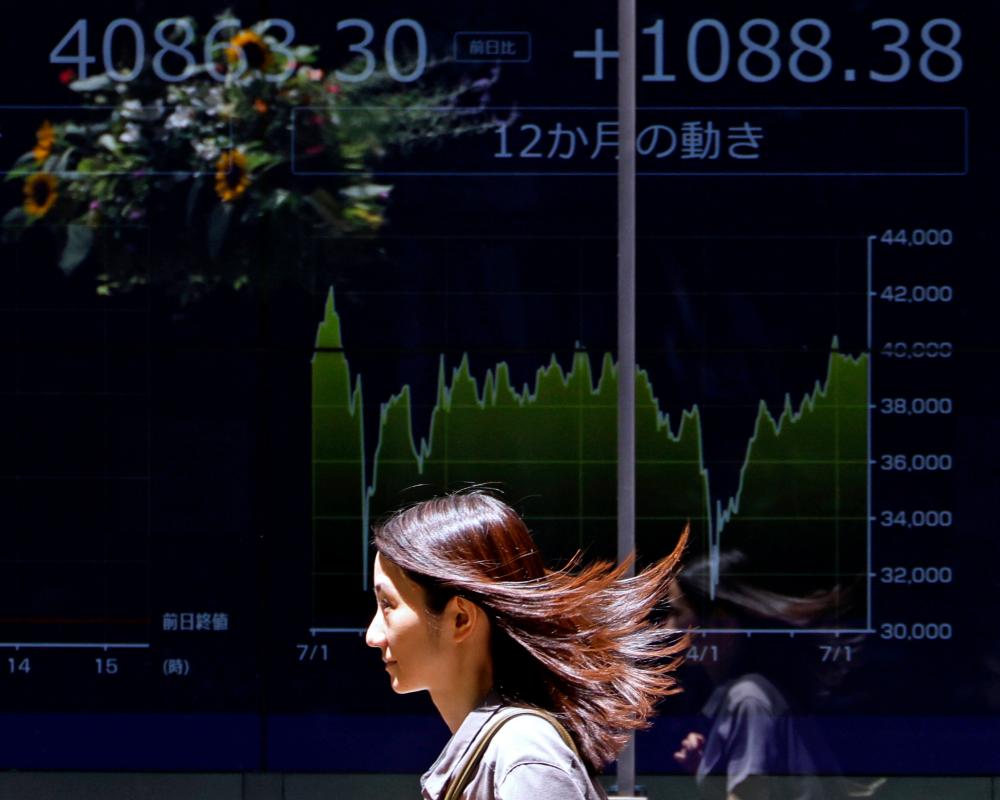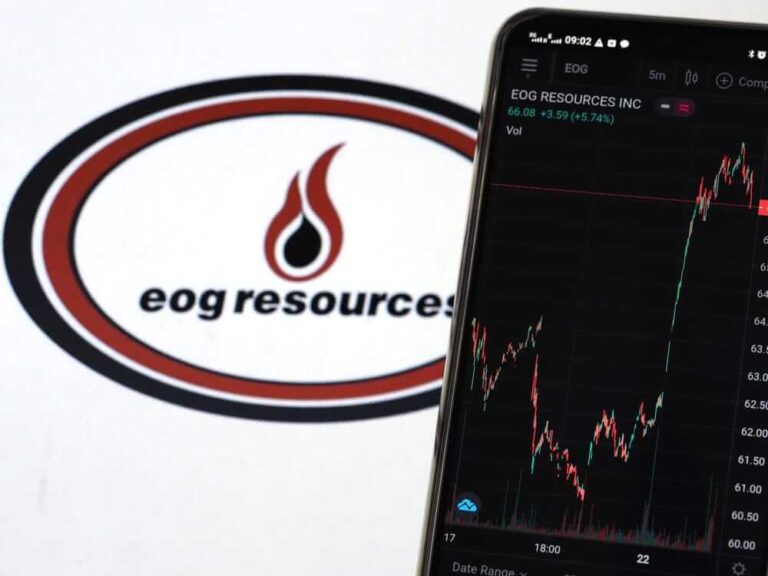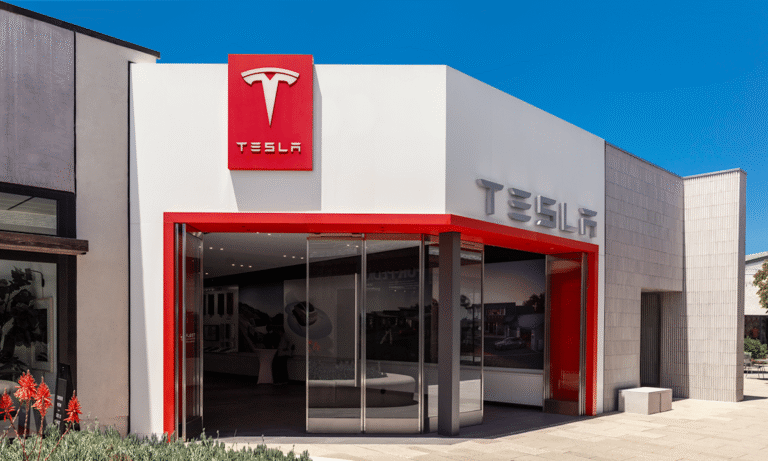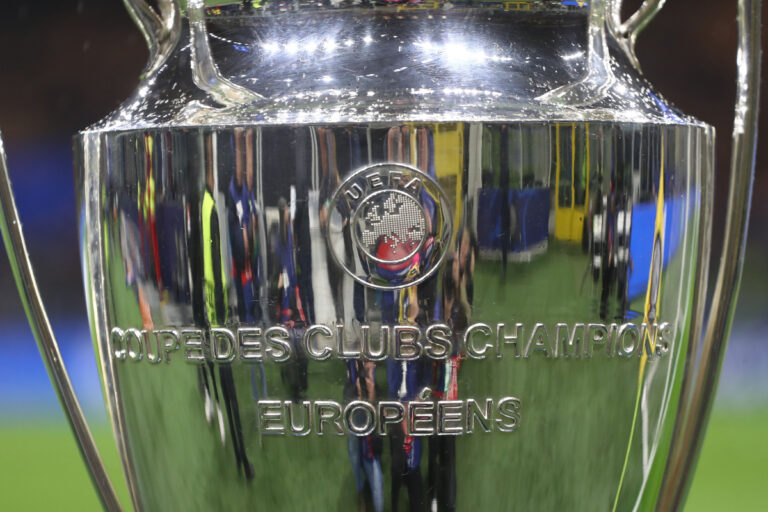
Wed, Jul 23, 2025, 11:14 AM 4 min read
In This Article:
<figcaption><!– HTML_TAG_START –><span>Share prices rose sharply in Tokyo, where the Nikkei index jumped 3.5%, with the carmaker Toyota surging by 14%.</span><span>Photograph: Franck Robichon/EPA</span><!– HTML_TAG_END –> </figcaption></figure> <p class=” src=”data:image/gif;base64,R0lGODlhAQABAIAAAAAAAP///ywAAAAAAQABAAACAUwAOw==” yf-1090901=””>Financial markets around the world have rallied after Donald Trump announced a trade deal with Japan and speculation that a similar deal would soon be reached with the European Union.
Share prices rose sharply in Tokyo, where the Nikkei index of leading Japanese companies increased by 3.5%. European markets followed, with the FTSE 100 gaining 0.4% to close at a fresh record high of 9,061. US markets posted further gains with the Dow Jones rising by over 1% and the S&P closing up 0.78% at a record high.
Markets were boosted by reports that the EU and US were closing in on a deal similar to the one the US struck with Japan, a 15% tariff on European imports.
The EU is weighing €100bn (£87bn, $118bn) worth of tariffs on US imports if Trump does not agree a trade deal by the end of next week.
Shares in Japanese carmakers rallied sharply. Shares in Toyota, the world’s biggest carmaker, surged by more than 14% and there were gains for Honda, Mazda and Subaru. London-based companies with the highest exposures to US tariffs – including GSK, AstraZeneca and Diageo – were among the biggest risers on the FTSE 100.
Interactive
Russ Mould, investment director at the stockbroker AJ Bell, said: “News of a trade agreement between the US and Japan is fostering optimism among investors that further deals might be reached before punishing tariffs come into force.”
Under the deal announced by the US president late on Tuesday, Japanese imports to the US will incur a 15% tariff, compared with the 25% level Trump had threatened to impose from 1 August. The levy, paid by US importers, remains above the 10% “baseline” global tariff that had been imposed by Washington while the two countries negotiated.
The Japanese car industry, which accounts for 8% of jobs in the country, had been reeling from the threat of a 25% tariff on shipments to the US market. Vehicles and automotive parts account for more than a quarter of all Japanese exports to the US.
Trump claimed that the deal would open the Japanese market to US products including cars, trucks, rice and certain agricultural products, many of which had proved to be a sticking point in negotiations.
The deal with Japan followed an agreement with the UK in May, as the first major country to reach a deal with the White House, which included limiting an increase in US tariffs on most British goods to 10%.
Financial markets were thrown into a tailspin on 2 April by Trump’s “liberation day” tariff announcement, when he unveiled blanket levies of 10% and higher individual rates of up to 50% on dozens of markets, including those of economic allies and rivals alike.






